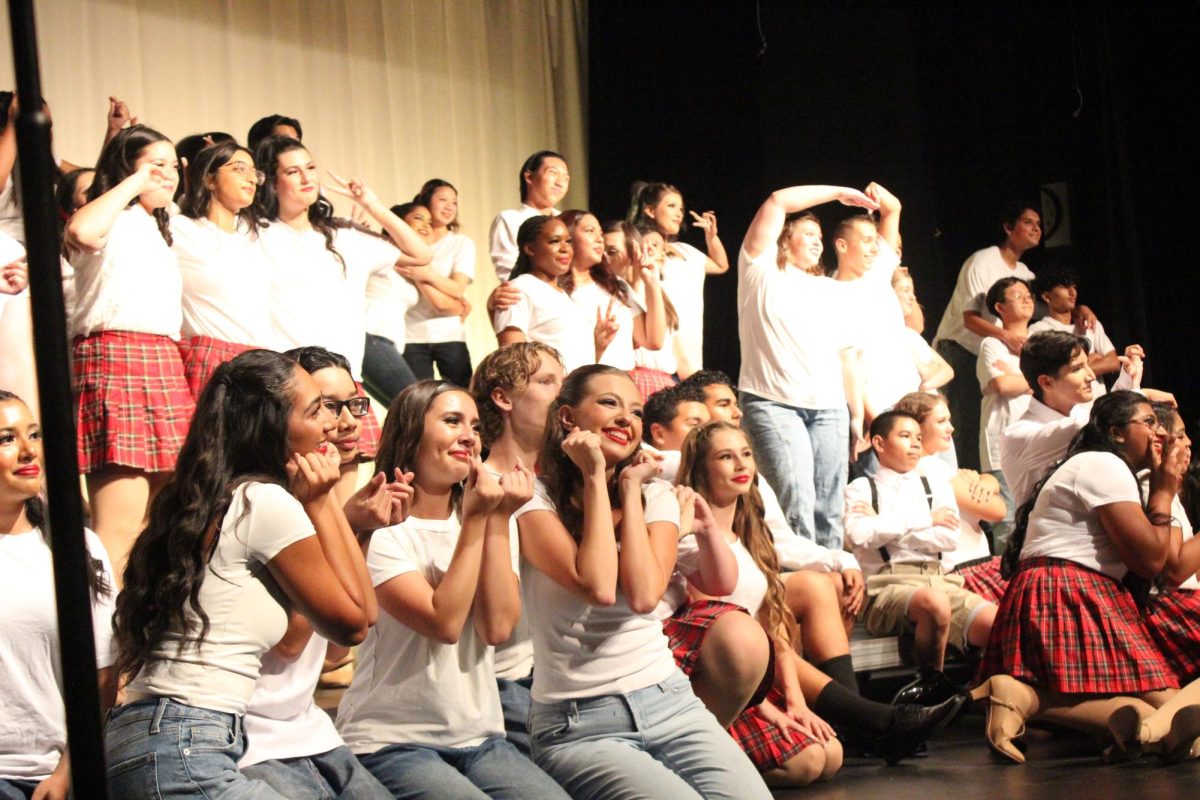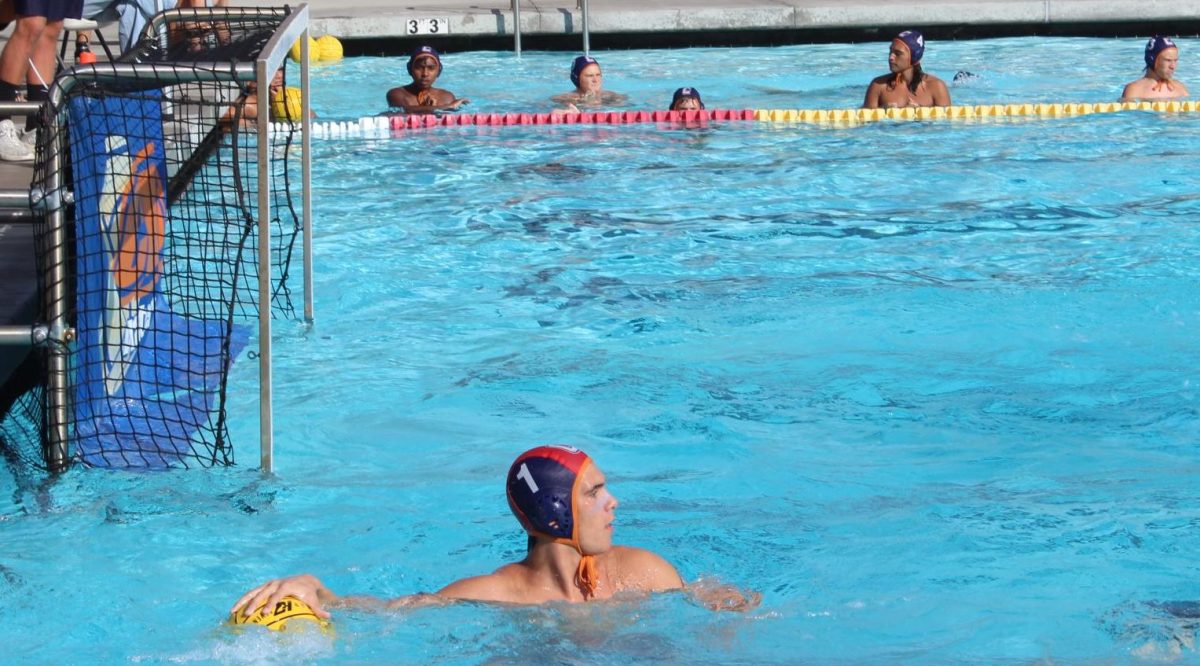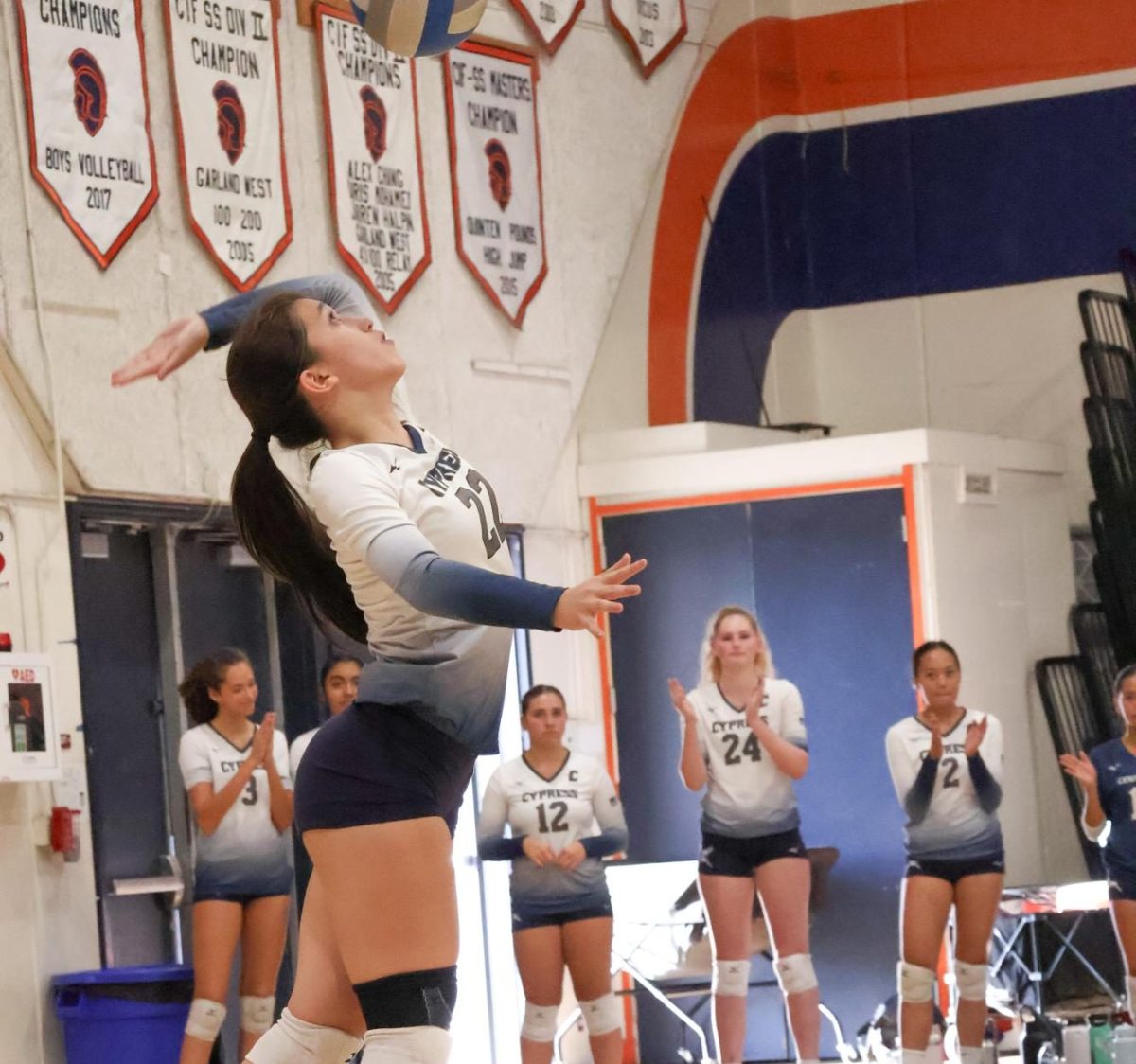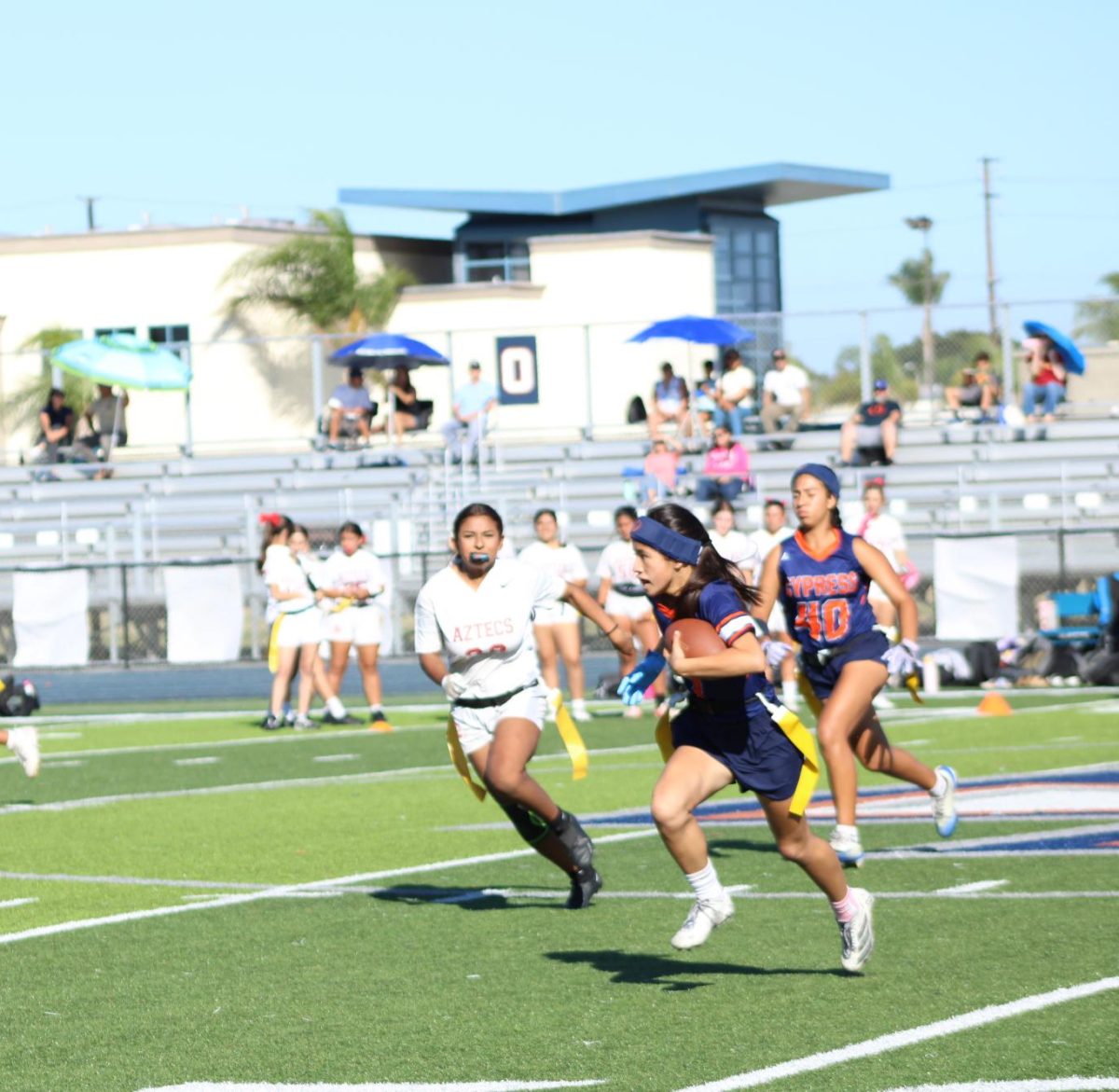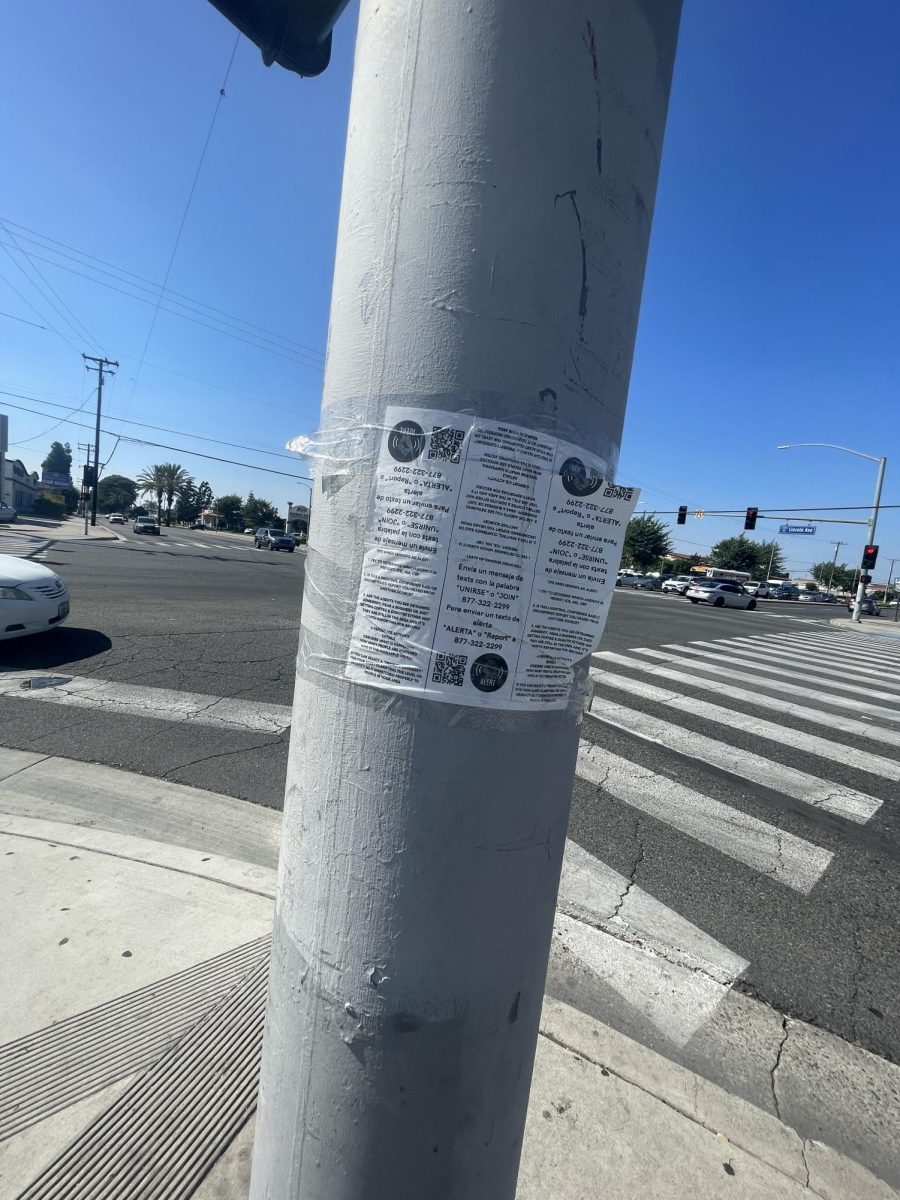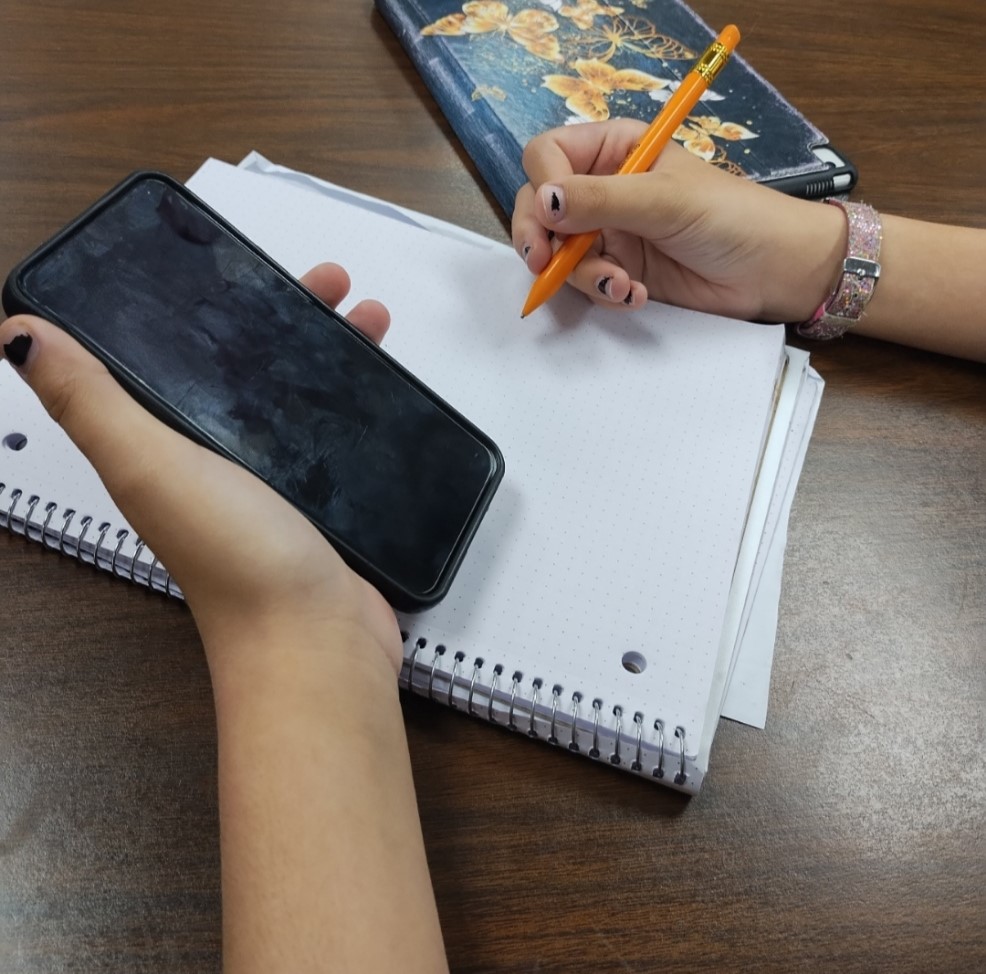California governor Gavin Newsom is trying to pass Assembly Bill 3216, which grants schools the authority to be as strict as they want with cell phone use. The ban has a broad range from not allowing students to have their cell phones on school property to teacher’s choice. On June 18, 2024, Los Angeles Unified School District (LAUSD) in a 5-2 vote decided to develop a cell phone ban, which bans all use of cell phones during school hours and requires phones be kept in student lockers. Although it isn’t currently a mandate, it’s an option that some school districts like LAUSD are deciding to implement.
Distractions
Pro
A big issue students will have when it comes to having phones at hand, whether it be in their pockets or backpacks, the urge and impulse to use it will always be there. Students’ attention gets diverted from their classwork whenever a phone goes off or someone is even called in order to take the phone to the office. There is no reason to be receiving calls or notifications in the middle of precious instruction time, especially at the risk of other students getting distracted from their own world. Not to mention, music is another contributing factor because students will be half focused on whatever the teacher says.
Mrs. Bird, CHS Librarian, said “I think that it’s a huge distraction, it’s the go-to device. I definitely think it has to be monitored, something needs to change with the cellphones. I think you guys all just lose focus.” A device is a huge distraction to students, especially in school settings, as it becomes the primary focus for unnecessary messaging, music, videos, and even Facetime during class when you’re supposed to be “locked in” and learning.
Con
One of the main reasons that cell phones are used in school is as a resource. Many teachers have students use their phones for in class activities. Mrs. Brunet, the AP Environmental Science and Chemistry teacher at Cypress High School, stated that, “As a science teacher, I utilize the technology in labs, looking things up, scanning QR codes, and taking polls and surveys.” Additionally, many platforms used for school are online based. Therefore, it would be unrealistic to completely ban phone use in school. “Work and school in general is done on our iPads, computers, and other devices like phones that have to do with technology,” said Junior, Sonny DeForrest.
When asked about how phones are used by students in school Senior, Hadi Al Rashdi stated that, “A person can be immature and use it the wrong way. While another person can be mature about it and use it to gain the success they need for their education.” Overall, it’s left up to the students to decide to get off their phones while in school and focus or to give in to distraction. “If you’re on the phone and don’t absorb the lesson, then that’s your fault for choosing to be on your phone, and you lose your academic experience,” said Junior Lucas Fong.
Emergency Use
Pro
Something to be taken into consideration when it comes to cell phone usage is emergencies. Parents express concern for students, whether it be a family emergency or not. If a parent wants to tell their student about something that occurred privately, the office can always call up the student and provide moral support if it’s needed.
When asking the front office secretary, Mrs. Amador, about the use of phones for emergencies, she said, “Let’s say there is a real emergency. Now, you’re in class, you don’t know what to do, and then all your peers are looking at you. And there’s no actual support because the teacher doesn’t even know what’s going on with you, versus if they were to just call the office and we go and get you, we’ll put you in the office. You can have some privacy because you’re kind of acting weird.” Having phones on a student solely for “family purposes” wouldn’t benefit the student for the most part, mentally, that is.
Knowing that no one can help you, or that no one is around to comfort you, can bring a sense of hopelessness and loneliness to a student. Especially when the attention is on them in a moment of discomfort and vulnerability, it can really impact a student’s mental health, further affecting performance in school and how one acts around their peers.
Con
A concern brought up by parents and students is the potential restraint the ban will put on communication. Many parents calling or texting their children to inform them that they dropped off food or who is picking them up after school. If the phone ban goes through, all personal messages between parents and students would have to go through the school office. Which may cause a strain on the school’s office and a delay on information.
If phones are completely banned from school property, there will be another level of danger for students. “The original argument for having phones in school was for safety purposes.” Mrs. Russell, a chemistry teacher from Cypress High School, said. Some students that walk home are scared of the potential danger of not being able to communicate with parents could put them in. Fong’s opinion on the topic is, “It’s a safety thing. I walk home every day. If I don’t have my phone and someone attacks me or I get hurt. I wouldn’t have any way to contact my parents.” Cypress High School has had previous issues with a man driving on Valley View trying to get female students into his car. These issues directly affect the school, making the need for cell phones even more evident.
In case of a current issue, like school shootings, parents are worried that students not having access to their phones could put them in more danger. Some students are just as worried as parents, and want to be able to communicate with their parents in case of an emergency at school. In response, DeForrest said, “If there were to be a school shooting, considering we are in America and that is something that happens, phones would be needed and very important.” During an emergency, students and parents may not want a boundary put on cell phone use. Things like school shootings leave students with the desire to be able to call their parents, and parents want to be able to communicate with their child.
Social Media/Mental Health Concern
Pro
A big issue with having phones during class that the ban can fix has to do with social media. Social media is a core issue when it comes to student’s mental health and image. While the teachers do their jobs, students can be distracted. A world of fake news and unhealthy standards, with one wrong move you could get doxxed or worse.
Some students have their own phone service and data, holding the ability to check for notifications, likes, and reposts all during class if they really wanted to. It negatively impacts anyone online as a whole, because it shows us all these people with everything we could want or wish for in places we would want to go to. All of this that we see online simply adds the underlying feeling of jealousy and insecurity about our own lives. It lingers in the mind and impacts our activity. Bird also mentioned that insecurities deeply come into play. Body image and beauty standards, for both guys and girls, is occasionally emphasized online, everyone showing off what the desired look is. In turn, students keep that in the back of their heads and they let it consume their every thought, not even focusing on what is important or needed from them.
Con
A problem the ban is hoping to address is social media’s negative impact on mental health. Many students are able to control the need to check their phones. This concept of maturity and personal responsibility is applied to how social media is used. People seem to forget the difference between cell phones and social media. Al Rashidi commented that, “A cell phone can be used as a tool; social media can be used as a weapon.” This evident difference between phones and social media demonstrates why students need to hold themselves accountable. “Phones can be a distraction if you are not responsible.” Deforrest said.
Many students don’t use social media during the school day. Mainly because they can’t access social media on school Wi-Fi, which has blockers set in to prevent students from using social media. Many students are also busy with school and clubs. “I don’t think banning it only at school is going to help with social media at all,” said Fong. Most students’ time spent on social media is outside of school, so banning phones from school wouldn’t affect time spent on social media..
Closing Argument
Pro
Cell phones are not needed during schools and the ban will benefit students and teachers alike. School issued Chromebooks are already beneficial for students to do research and navigate online for tools and information during class without needing phones. Social media is a big issue that can be stopped with the ban, halting all usage of social media during school hours to focus on studies and work. Parents should call the office if anything, emergency or not, to communicate with their student, because there truly is no reason to be chatting during school, when the main priority should be learning. Overall, the ban can benefit everyone it’s aimed towards.
Con
Cell phones are used as a valued resource in school. This tool is utilized by teachers and students to make the most of the time students spend in class. A secondary issue the ban hopes to address is social media’s impact on students. However, students spend minimal time on social media while in school. And, parents and students want to be able to stay in contact in case of any emergency.







